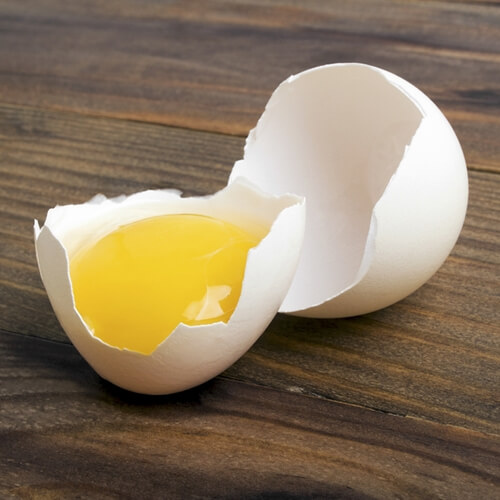Scientists Invent Way To Un-Boil Eggs
For members of online cooking classes, few things are likely as frustrating as wasted food. If a customer orders breakfast with eggs over easy and you lose track of time, suddenly you have unusable eggs that are over hard. However, a new technology created by scientists from Australia and researchers at the University of California-Irvine has made it possible to reverse the process of boiling eggs. While this is certainly a beneficial discovery for chefs, the research is actually much more wide ranging.
The science of unboiling eggs
In general, researchers believe this process could reduce the cost of food production and cancer treatments. In a UCI press release, Gregory Weiss, a UCI professor and chemist who helped conduct the research explained:
“It’s not so much that we’re interested in processing the eggs; that’s just demonstrating how powerful this process is,” Weiss said. “The real problem is there are lots of cases of gummy proteins that you spend way too much time scraping off your test tubes, and you want some means of recovering that material.”
The researchers set out to find a method for reversing ‘misfolded’ proteins in order to save time and costs in the lab. Finding an effective and efficient way to reverse this process has major implications not only in the world of chemistry, but also in the health care, agriculture and restaurant industries. Weiss notes that in the past such a process would take days, whereas the research done by him and his colleagues has reduced that time to minutes.
To ‘un-boil’ eggs, the team first applied a substance that turns the solid egg whites back into liquid. However, that’s not enough to fully break up all the protein globs within the egg that are unusable. To further break down these bits, researchers used a machine designed by Colin Raston, a professor at Flinders University in Australia. After this step is completed, the proteins are fully returned to their proper uncooked form.
Surprisingly, the research, which was officially published in ChemBioChem in late January, went viral and was even trending on Facebook, Weiss stated when speaking to The Guardian. UCI has filed a patent for the scientists’ work, but it’s still hard to say what long-term commercial applications the technology will hold. Ideally, these findings will lead to more affordable cancer treatment options, and maybe one day even be able to help chefs correct careless mistakes in the kitchen.


